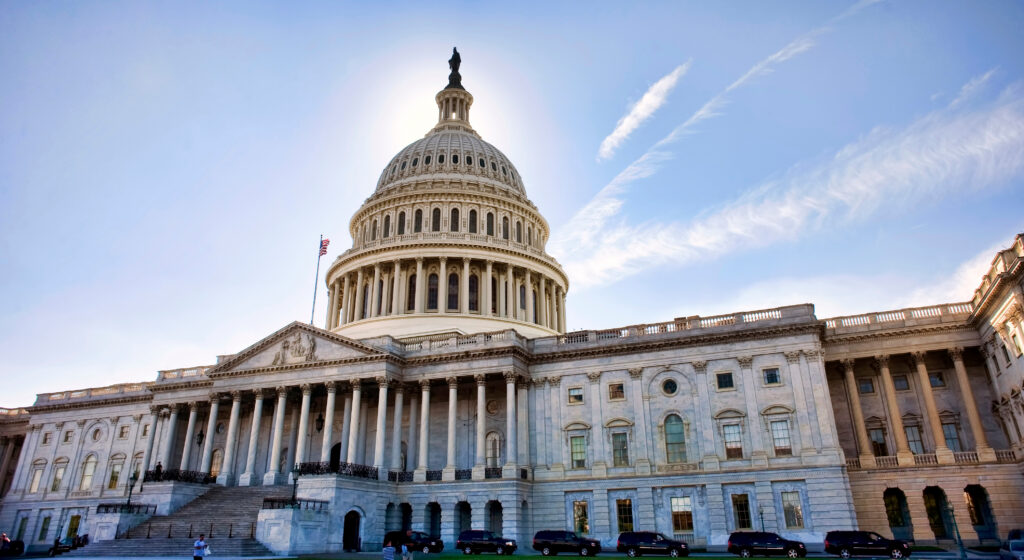Much to the dismay of the U.S. government, Mexico is following through with its ban on genetically modified (GM) corn and its herbicide counterpart, glyphosate. In response, the U.S. is wielding its power on behalf of the world’s largest agriculture monopoly corporations to force their industrial technology onto Mexico.
This is a modern form of imperialism paralleling the circumstances that led to the Boston Tea Party and American independence — when the British Parliament pushed the East India Company tea monopoly onto the American colonists.
Today, the USDA is promoting the economic interests of seed and chemical companies — like Bayer, which now owns Monsanto — and ignoring the premium market opportunity Mexico’s demand for non-GM corn presents to U.S. farmers.
State of the Corn Dispute
In 2020, Mexico announced its plan to phase out all GM corn and glyphosate by 2024. After more than a year of contentious meetings between the U.S. and Mexico, the USDA is still firm on its stance to bully Mexico into accepting our GM corn — and it’s yielded a temporary concession from Mexico.
Last month, Mexico scrapped the 2024 deadline on GM corn imports for yellow corn used for livestock feed. The country decreed instead that it would phase out GM corn gradually, as it replaces its livestock feed supply with non-GM corn, either through domestic production or via non-GM imports.
But rather than seizing this opportunity by transitioning U.S. farmers to the production of non-GM corn and by supporting existing non-GM farmers for this new export market, the U.S. announced that it’s taking the initial steps to challenge Mexico’s ban by requesting technical consultations under the U.S.-Mexico-Canada Agreement. If the two parties fail to reach an agreement, the U.S. can initiate a dispute resolution process with a third-party panel. If no resolution is reached, it could ultimately lead to retaliatory U.S. tariffs.
USDA’s Position Goes Against the Foundation of Our Country
The U.S. was founded on the very idea that the government shouldn’t push a company off onto another country. It’s a principle that led to the Boston Tea Party, a major catalyst for the American Revolution.
This pivotal rebellion was born when colonists repudiated the East India Company’s monopoly on the American tea trade, which had been granted by Parliament through the Tea Act. The move was an attempt to save the company from bankruptcy, as it was a major player in the British economy. The Tea Act also allowed the East India Company to commission agents with the sole right to sell tea in the colonies, cutting out all opportunities for colonial tea merchants. The colonists didn’t think too highly of this imperial overreach — the rest is history.
Yet here the U.S. is, 250 years later, adamantly pushing GM corn — grown from seeds that are manufactured by just a handful of chemical companies — off onto Mexico against the country’s will.
Who Benefits from This Trade Dispute?
The USDA justifies its actions by claiming it’s standing up for farmers — yet we’re denying corn growers an enormous opportunity to step in and take advantage of this premium market opportunity. Shifting three million acres to non-GM corn to meet Mexico’s demand would bring in $75 to $150 million in premiums for U.S. farmers.
Rather, it’s all about advancing the economic interests of the world’s largest chemical and seed monopolies. The commercial seed market is dominated by just four chemical companies — Bayer, Corteva, BASF, and Syngenta — whose patented, GM seeds are the most accessible to farmers. Our government already props up these corporate giants with taxpayer money through crop insurance and biofuel investments, but that’s not enough for these greedy companies.
Chemical and seed companies have been outspoken about their pressure campaign on the U.S. government to challenge Mexico’s ban. Luckily for them, the USDA seems to have forgotten the very foundation this country stands upon — or worse, they simply don’t care. When a handful of powerful corporations control our food and agriculture system, their interests come first — at the expense of everyone else.
Farm Action will continue to encourage Secretary Vilsack to reverse his position and support the growth of a premium corn market for U. S. farmers.
Written and edited by Jessica Cusworth, Dee Laninga, and Joe Maxwell; concept developed by Joe Maxwell and Angela Huffman




